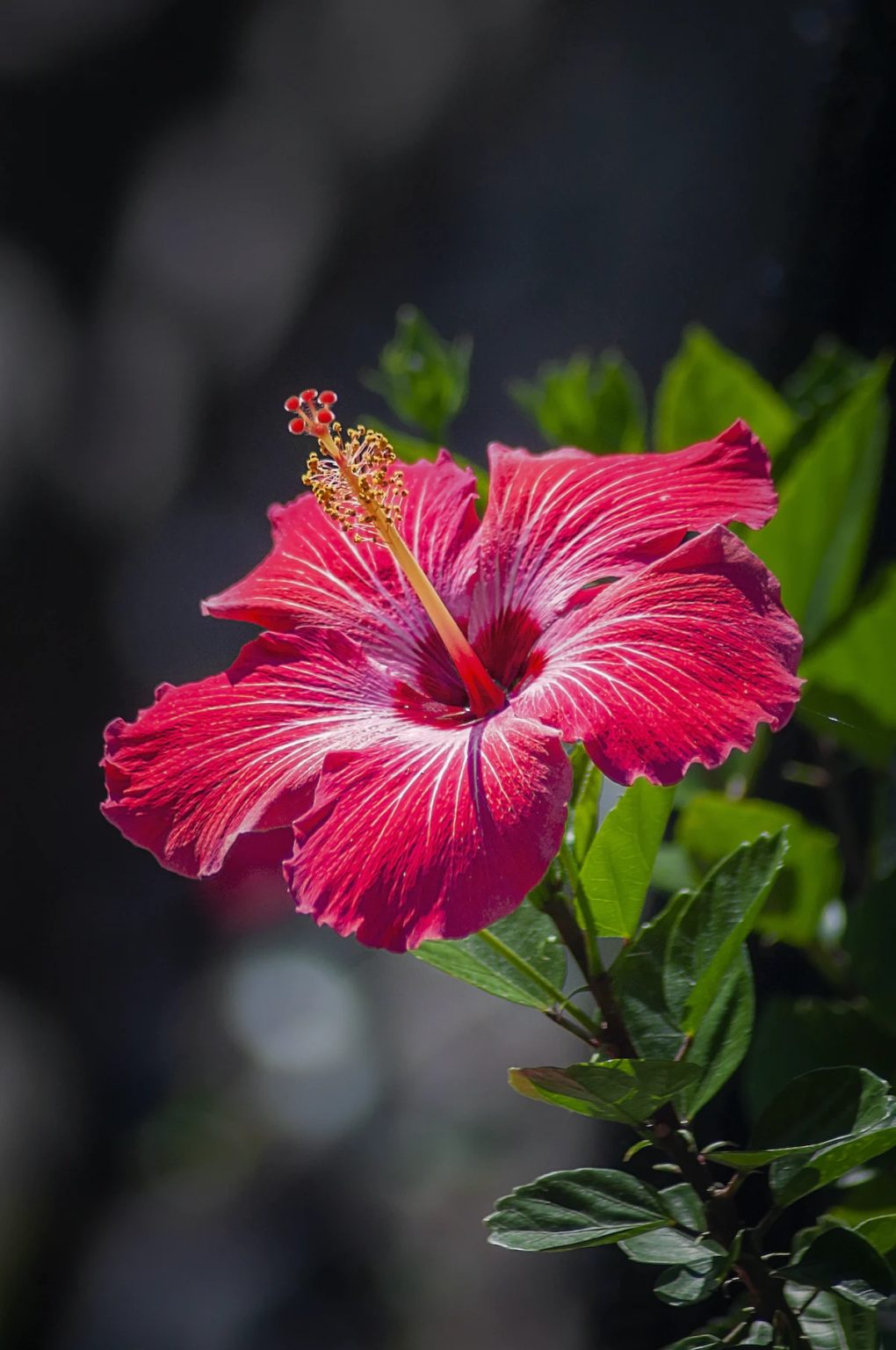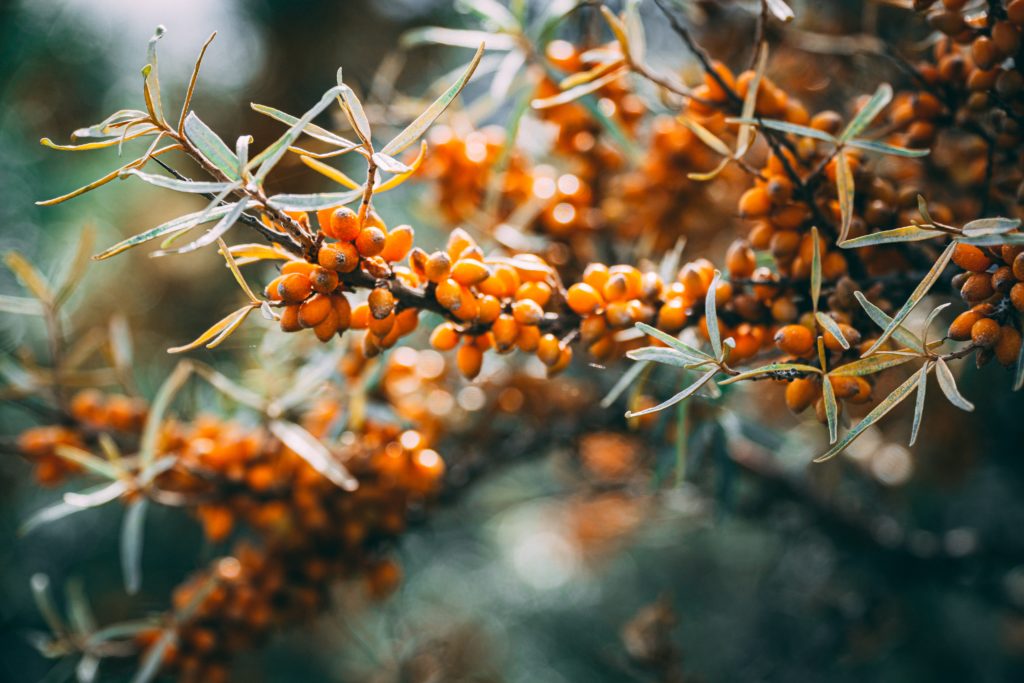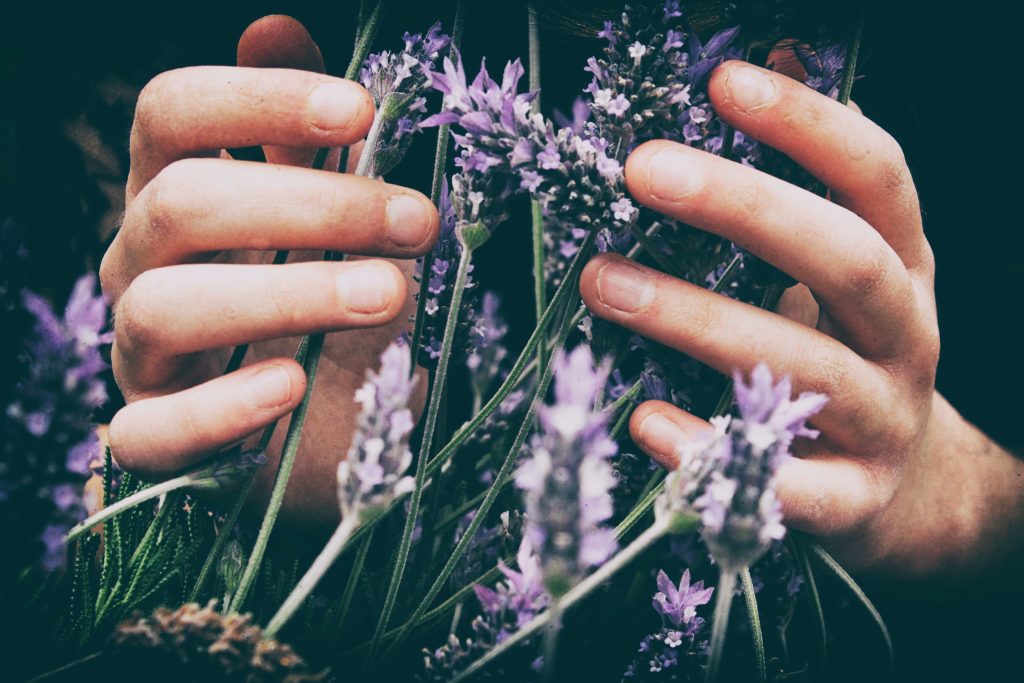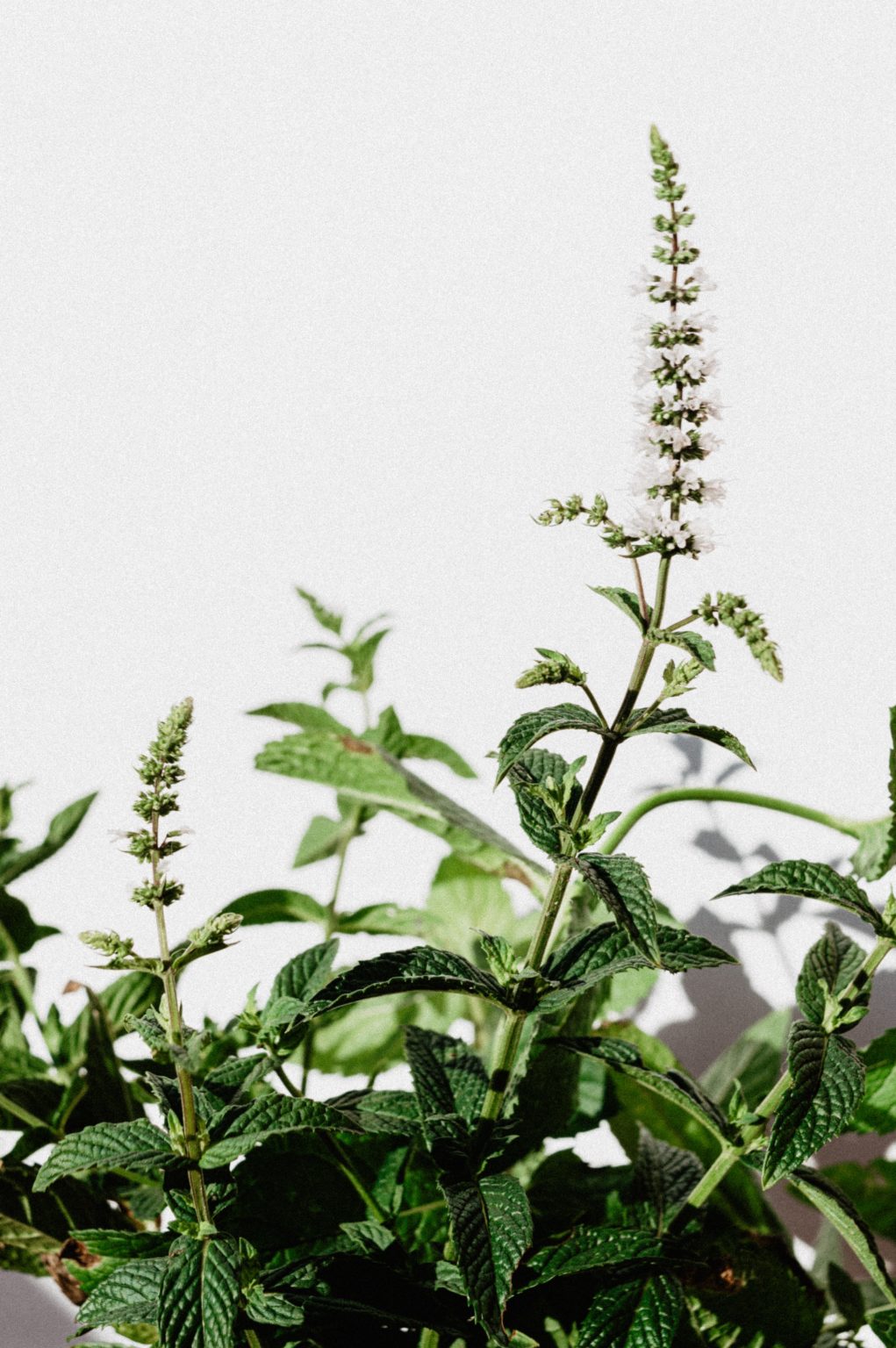Journal
- All
- Antioxidant
- Astragalus
- Blood clots
- Brain fog
- Burnout
- Cervical cancer
- Cholecystectomy
- Cold feet
- Cracked heels
- Echinacea
- Exhaustion
- Fatigue
- Gallbladder
- Headaches
- Health Advice
- Heart health
- Liver
- Low immunity
- Low white blood cells
- Memory
- Menopause
- Migraines
- Nervous system
- Perimenopause
- Recipe
- RnA ReSet
- Strokes
- Sun protection
- Thyroid
Hibiscus Tea – Help for High Blood Pressure
The Hibiscus flower is a beautiful sight to behold but it offers much more. Studies show that drinking just 3 cups of Hibiscus tea a day can lower mild to moderate blood pressure. In fact Hibiscus induced reductions in blood...
The Importance Of Electrolytes For Energy And Performance
When energy levels fall, it might sound like a quick fix to increase your calorie intake, consume an energy drink, or sleep more at night. The problem? That may not actually be what you need. A simple electrolyte imbalance could...
As we settle in to Autumn I am reminded of the wonderful words of John Muir, the Scottish-American naturalist, “This grand show is eternal. It is always sunrise somewhere; the dew is never all dried at once; a shower is...
Migraines – Causes and Solutions
If you suffer from migraines you will appreciate how debilitating they are. They can take you out for days leaving you worn out and weak. Women are twice as likely as men to suffer from migraines. Interestingly young children of...
Could Echinacea Have Saved Lives During the Pandemic?
We are moving in to autumn, and nearly 3 years since the WHO declared a pandemic. And still there is little talk of ways to naturally support immunity. This is mind blowing considering the effect on lives all around the...
6 Causes of Muscle Pain and Discomfort
The body is wise and will often display in various ways what we are lacking in our diet. If only we knew where to look for the possible answer. A deficiency in nutrients can commonly result in muscle pain, heaviness,...
Dryness Relief with Sea Buckthorn
You only have to look at the deep orange hue of Sea Buckthorn to know it must offer some amazing healing properties. But not just the berries, there is a huge range of bioactive chemicals in its leaves, roots and...
5 Ways to Regain Sense of Smell After Covid
Losing your sense of smell or taste can really impact daily life but there are treatments available to help regain these senses again! Anosmia is a challenging disease but finding treatment options may lead to resolving this condition. The natural...
IBS – Symptoms, Diet and Solutions
IBS (Irritable Bowel Syndrome) is one of the most common digestive complaints. Stress, poor diet, food intolerances, dysbiosis and pharmaceutical drugs all contribute to this growing health complaint. Defining IBS According to recent diagnostic criteria IBS can be diagnosed...








